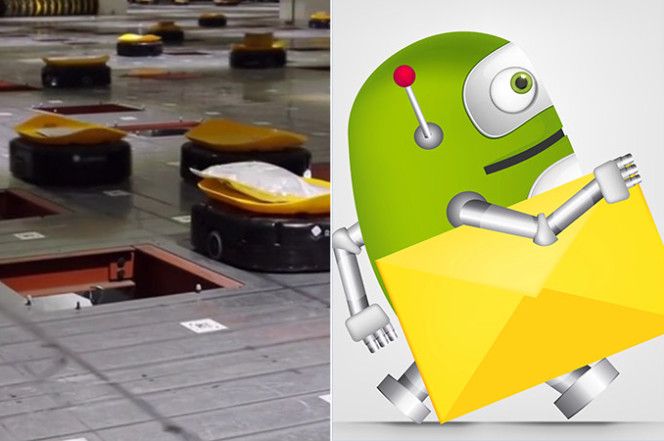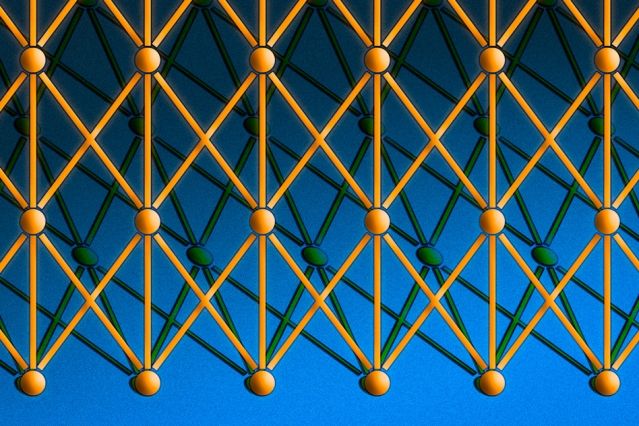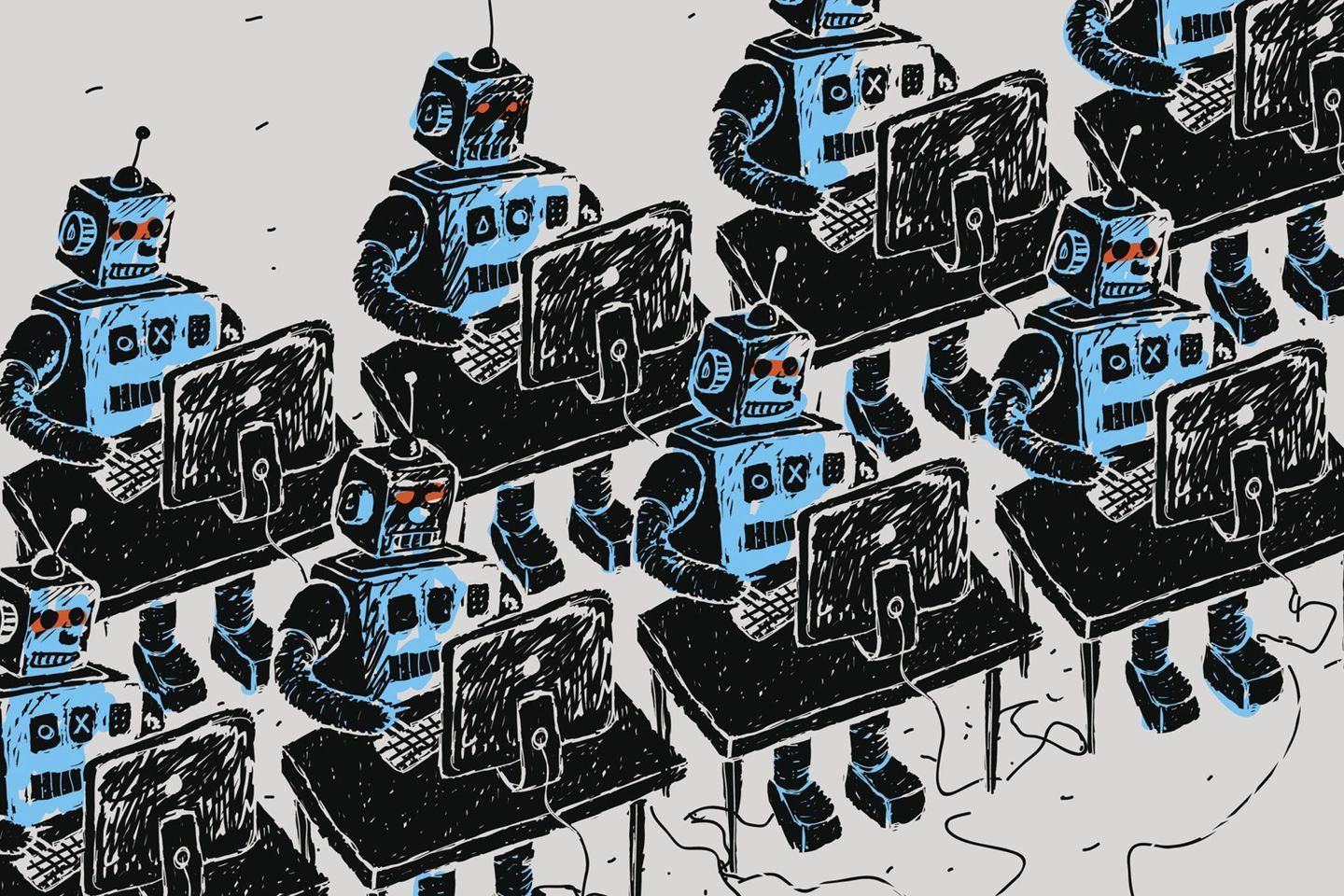Apr 19, 2017
Zuckerberg: Facebook Is Working on a Brain Interface That Lets You “Communicate Using Only Your Mind”
Posted by Shailesh Prasad in categories: augmented reality, robotics/AI, virtual reality
In case you missed it, Facebook’s annual developer conference started today. At the event, CEO Mark Zuckerberg revealed key details about where the company is going next, specifically focusing on what Facebook is working on in relation to bots, virtual reality, augmented reality, and new communication methods (such as advances they are working on in Messenger).
Oh, and he also said that key details are going to be revealed tomorrow about Facebook’s “direct brain interface.”
The work comes from Facebook’s mysterious “Building 8 (B8),” which has apparently been working on brain-computer technologies for some time. In their recent call for an engineer, B8 states that they are seeking “an experienced Brain-Computer Interface (BCI) Engineer who will be responsible for working on a 2-year B8 project focused on developing advanced BCI technologies.”

















